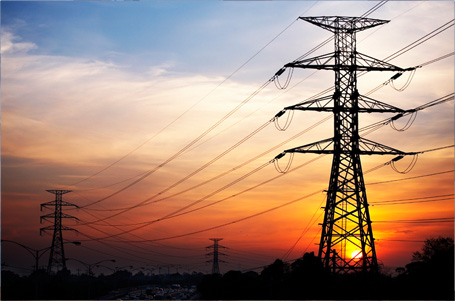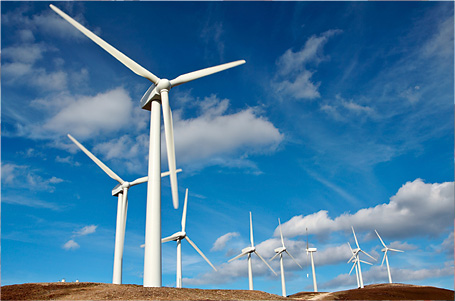2012.06.20
Affordable Energy - thanks to Energy Transition!
Energy remains affordable? German newspaper WAZ subtitled in its issue dated 21.02.2012 "utilities disconnect hundreds of thousands of customers from the grid." Many electricity customers can not pay their bill - and further increases in electricity prices have exacerbated the pressure on costs.
Is this actually the cost of energy transition?
Constantly, increasing electricity prices are emphasized in the wake of the energy tranistion. No nightmare scenario is left out in order to confuse private consumers and industry clients. After the shutdown of numerous nuclear power plants in March 2011 in the regard of the catastrophy in Fukushima, massive electricity price increases have been predicted. In fact, costs rose for a short time to long-term electricity contracts at the EEX power exchange in March and April 2011. Already in January 2012 prices rank on lower level than before.
Almost unnoticed for years an even more important change is taking place on EEX's intraday market place. The electricity from renewable energy sources - particularly from wind energy, photovoltaic and biogas plants - displaces conventional electricity from the market. Notably pv systems contribute to dramatically decreased need for expensive peak load, especially during daytime hours. Thus, in recent years market price for base load and peak load electricity dropped significantly. In just the past 12 months by more than 30% (source: EUWID).
But the puzzle may not fit so well. How can electricity price increases be justified, when electricity is traded on the open market at continously decreasing prices?The most popular reason: Feed-in of wind power plants and photovoltaic systems is so high that consumers have to pay now the EEG surcharge. In fact, the EEG surcharge, however, is only a fraction of the cost of electricity and, furthermore, increases of the EEG surcharge are far below other electricity expenses. Between 2000 and 2010, the price of electricity for private households in Germany rose by about 8 ct/kWh, while the EEG surcharge grew only by about 2 ct/kWh. And even the occurrence of the EEG surcharge is questionable. An increasingly larger group of industrial customers is subject to an exception and pays merely 0.05 ct/kWh. Thus, private households and low-tariff customers becomes an increasingly larger share of the costs imposed - so does the boost of EEG surcharge in recent years come about!
If decreasing electricity prices at EEX have been passed to the customers, their electricity tariffs had to be reduced by 0.5 ct/kWh - in spite of increases of EEG surcharge.
More importantly and regularly overlooked, however, is a long-term component: All fossil fuels experience a rapid increase in prices. This ranges - despite a global economic crisis with sharp falls in prices for energy commodities - over the last 15 years in the order of 8% annually. The "real" view is: Regenerative systems require investments today, traditional energy technologies do not make only reliant on imports, but will be invaluable in less than a generation - even if deposits will not be exhausted then.
Thus, a medium to long term, secure and affordable power supply is possible only by regenerative systems. And the positive effects of reconstruction of the schemes are already monetarily tangible.






